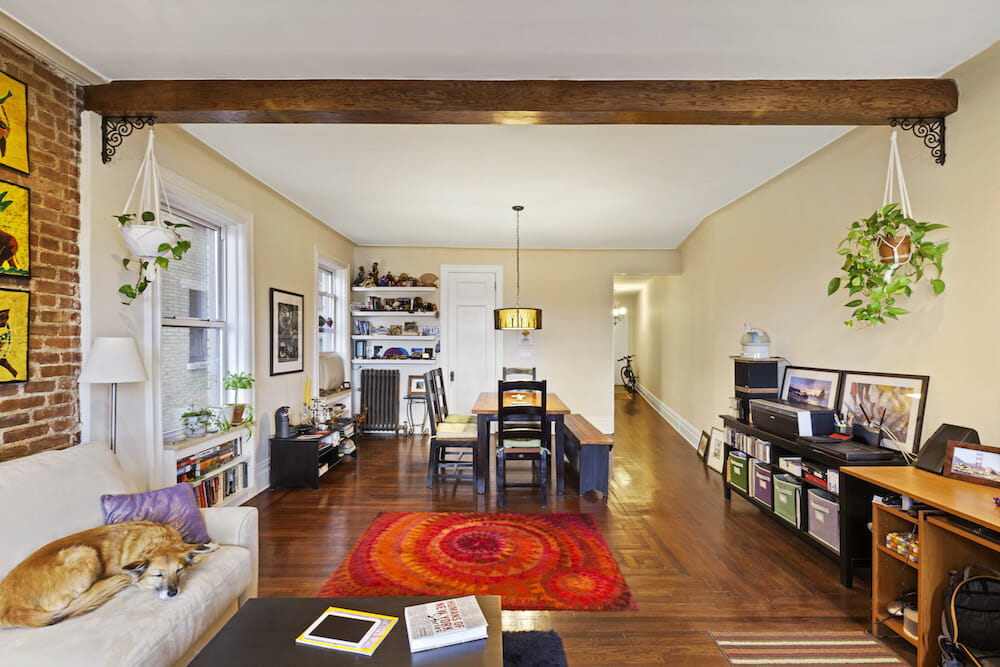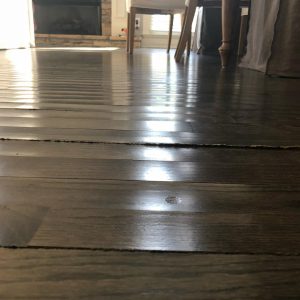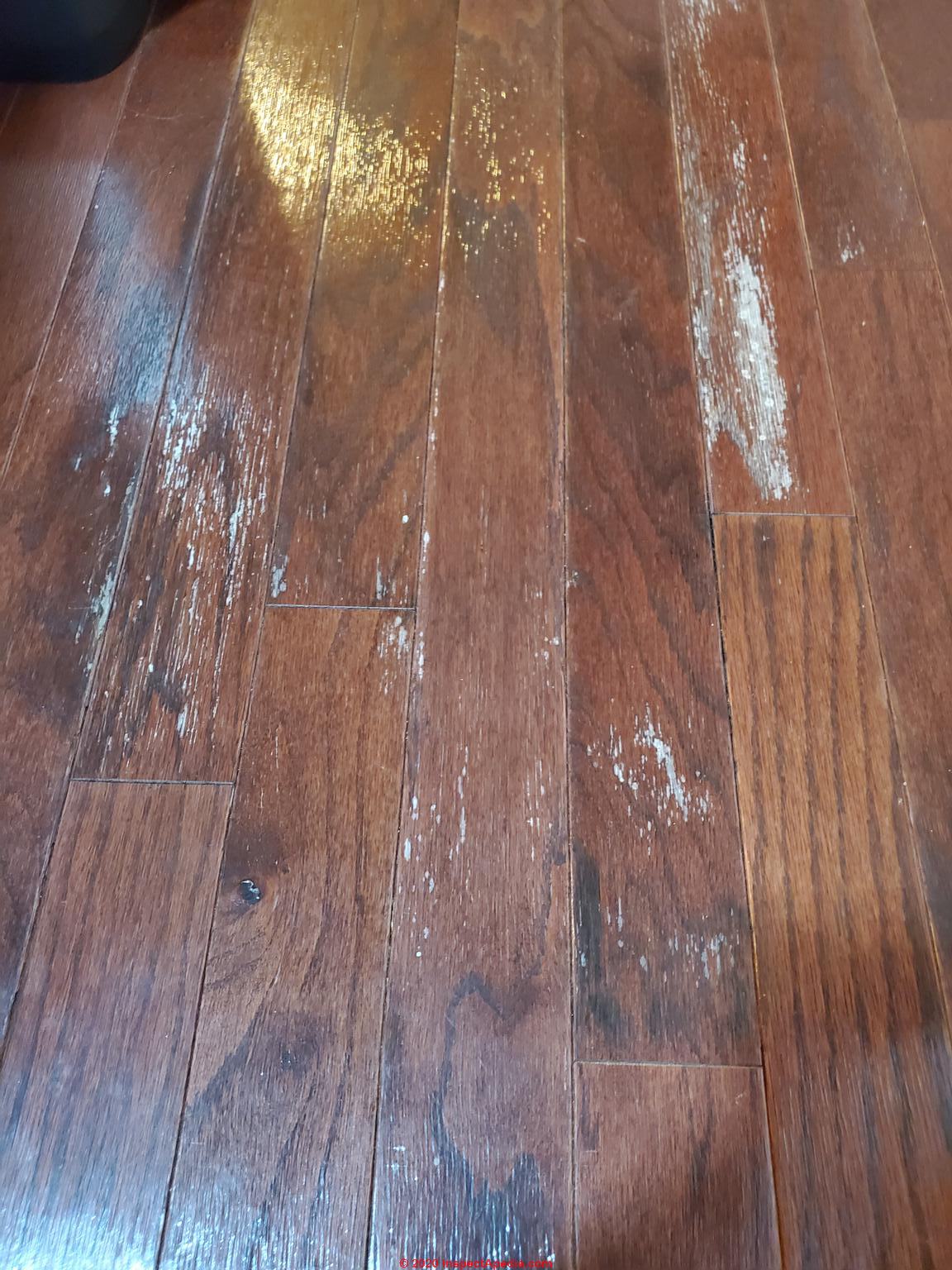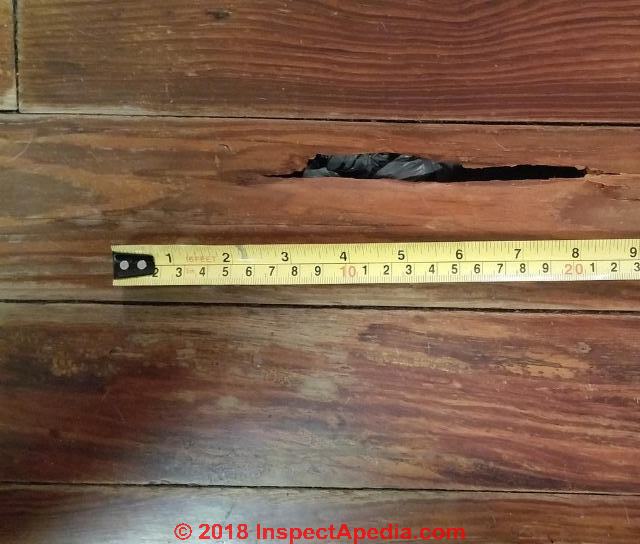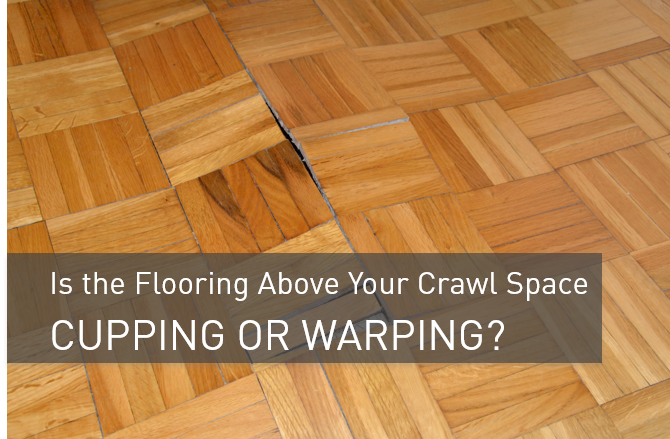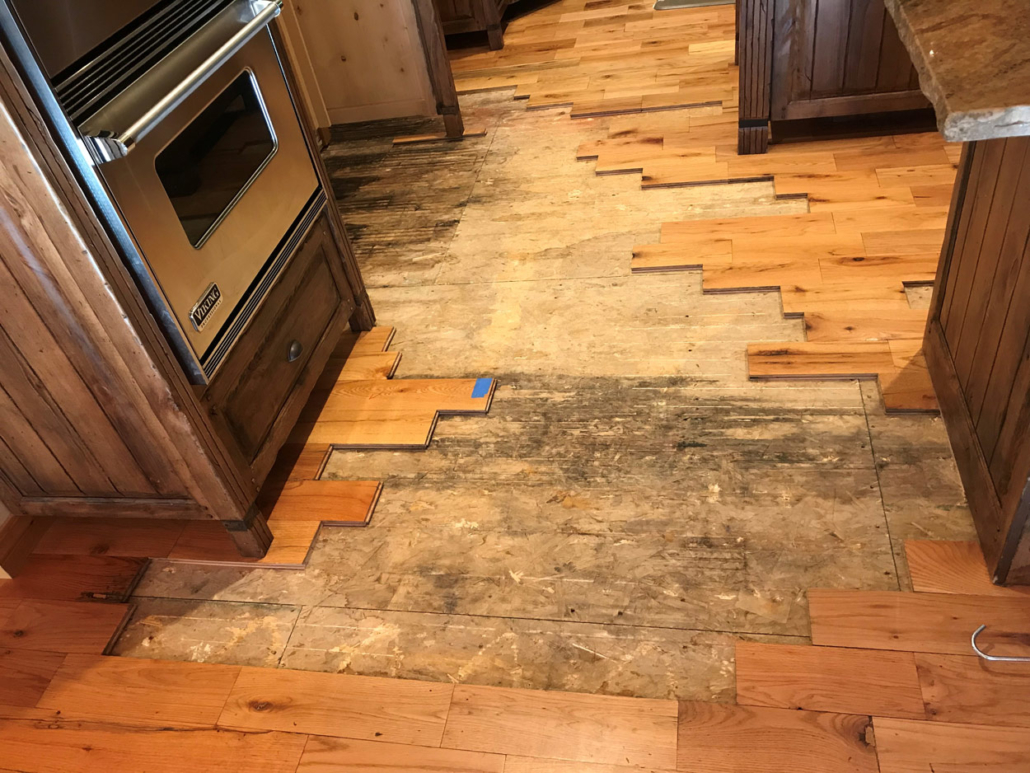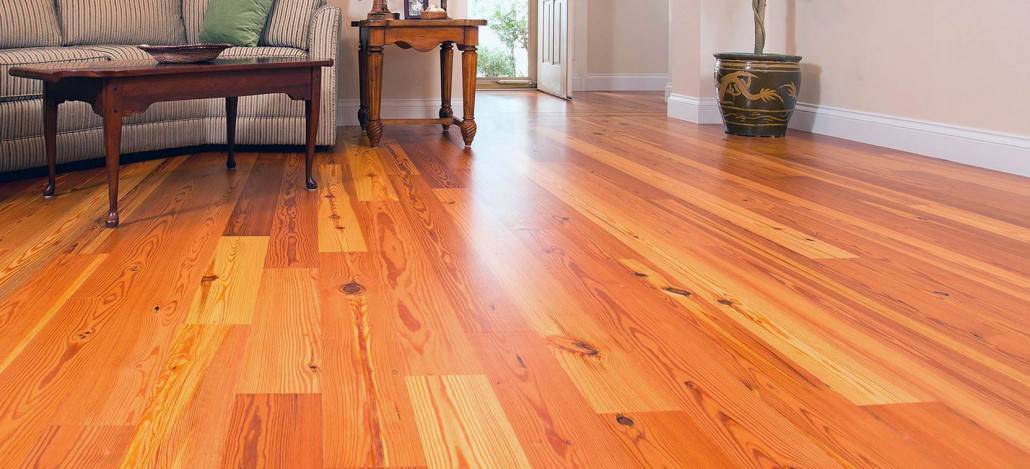Had these problems in the past first the milky problem comes from moisture that is in the wood and if put down new hard wood floors i can tell you from past.
Polyurethane cracks on the wood floor when two boards meet.
If going to stain floor don t try and glubb on and cover quick.
The problem is magnified when the boards were not tightly laid in the first place.
Take time with coats and let dry.
Floor we think about the dozens of calls we receive from homeowners who are watching bubbles of finish pop up between the cracks of their new wood floors.
For many summer means concerts at millenium park margaritas on the deck and bubbles in the pool.
Once the wood filler is dry use a damp lint free cloth to wipe excess wood filler off the floor.
I see more cracks in factory finished floors than in any other type of flooring.
Over the winter the cupping and crowning has reduced and some boards are now showing 1 8 1 4 cracks between planks.
Different types of wood filler have different drying times so follow the directions printed on the specific container of wood filler you re using.
Another exacerbating condition is water damage.
This floor can be fixed by brushing two part wood bleach over the surface.
The den floor boards that had buckled are flatter but don t feel right when you step on them.
Balls of polyurethane finish popping up on your floor.
The finish on these boards is easily damaged by flooring nailers.
Allow the wood filler to dry for a couple of hours and then wipe off any excess.
With older tongue and groove hardwood or even wide plank floors gaps inevitably develop between the boards mostly because the wood shrinks over time as it dries out and loses moisture content.
When we think of summer at mr.
Between the installation and our moving in the new build did not have an air conditioner yet.
Run a continuous bead of caulk along the gap and smooth it with a.
The floor is neutralized after a couple of hours then sanded and refinished when it s dry.
Seal narrow cracks with paintable or clear latex caulk either at the top or along the bottom where the baseboards meet the floor.
